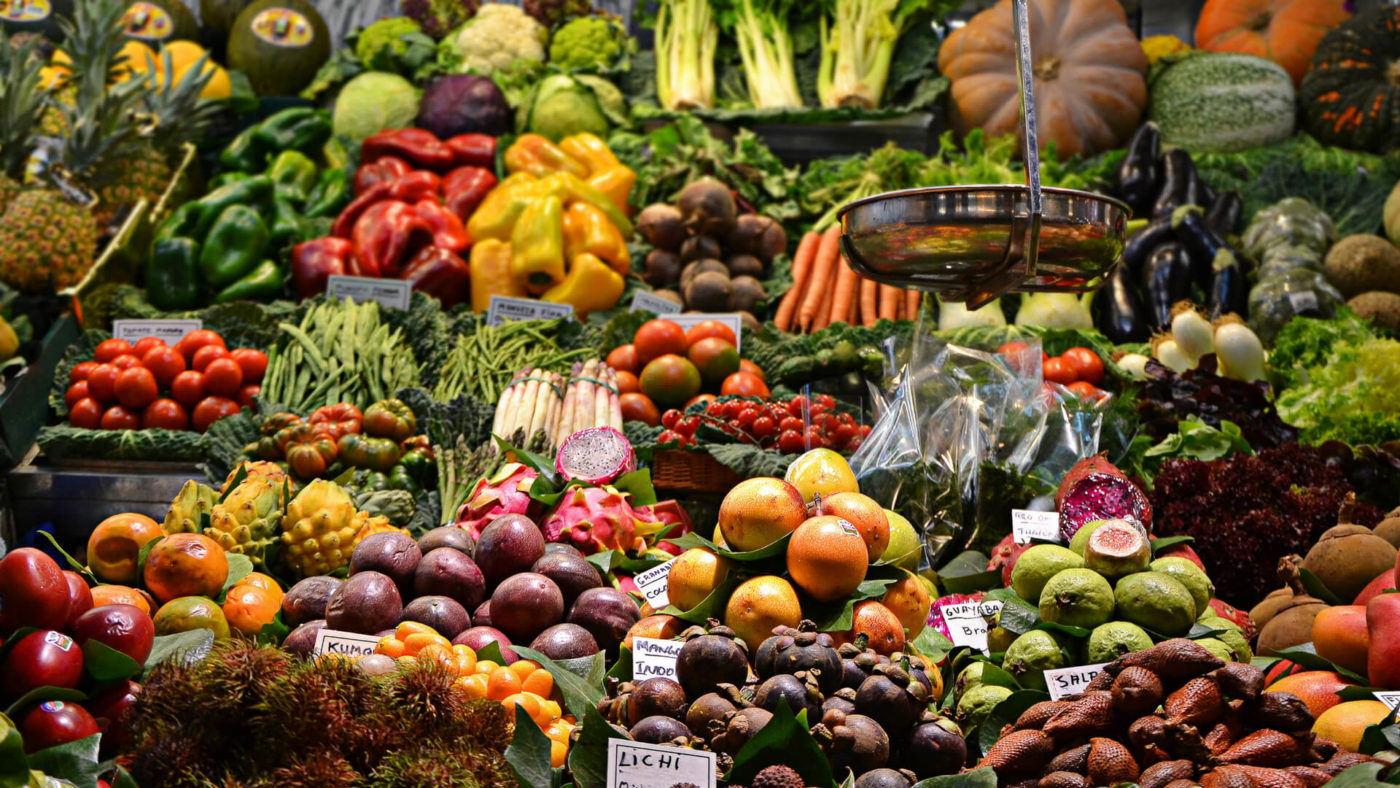
Farm goods’ exports to hit fresh record in FY23
NEW DELHI : India’s farm trade, which recovered smartly in FY22, will likely hit a record this fiscal, with both exports and imports scaling new peaks.
Agricultural exports are expected to hit a fresh peak of $50 billion and imports, too, may touch $34-35 billion, official and trade sources told. Farm trade thus remains more unsusceptible to a global economic slowdown.
These data don’t include exports and imports of cotton, often considered part of the textiles and garments trade.
Without the ban on the outbound shipment of wheat, broken rice and wheat flour, and curbs on sugar, farm exports would shoot up to about $54-55 billion in FY23 and widen the net trade surplus in this segment, some of the sources said. The export restrictions were imposed by the government earlier this fiscal to tackle elevated inflationary pressure.
According to the latest official data, farm exports grew 12.6% on year until December this fiscal to $38.5 billion, higher than the 10.2% growth in the overall merchandise exports. Such imports rose 11.1% to $26 billion, lower than a 24.9% jump in total goods imports. Vegetable oils, comprising mainly edible oil, accounted for 62% of these imports.
However, such exports may come under pressure in the coming months once the full impact of the restrictions, imposed in different months, start to hurt after a time lag, analysts said. Wheat exports, for instance, were allowed in limited volumes this fiscal against the letters of credit already issued before the ban; these despatches are now completed. Moreover, the government had banned exports of wheat products on August 27 and broken rice on September 8, the fallout of which will be captured in the trade data in the coming months. Easing commodity prices may also impact export realisation.
Farm exports until December this fiscal were driven by a 40.3% jump in despatches of basmati rice to $3.3 billion; non-basmati rice supplies inched up 3.4% to $4.7 billion (these were up 13% until August). Exports of plantation crops, especially tea and coffee, rose 14.6% to $1.5 billion, and those of unmanufactured tobacco climbed 55% to $677 million.
Wheat exports in the first nine months of the fiscal inched up 3.9% to $1.5 billion (mainly due to massive despatches before the ban was slapped).
Meanwhile, farm imports were pushed up substantially by a 14.7% jump in edible oil purchases to $16.1 billion. Imports of cashew and spices grew 64.6% and 7.7%, respectively, to $1.6 billion and $1 billion, while those of fruits inched up 1% to $1.9 billion. Pulses imports, despite a 19.2% fall, remained elevated at $1.4 billion.
Farm exports had hit a record $47.4 billion in FY22 (including cotton they hit $50.2 billion), defying supply-chain woes in the wake of the pandemic. These were buoyed by a resurgence in despatches of marine products and a sustained rise in non-basmati rice supplies last fiscal.
Sustained growth in farm exports, which have often performed below par, remains critical to the country, realising its ambitious merchandise export target of $470 billion for FY23. This is because demand for industrial commodities has started to falter due to a recession in advanced economies like the US and the EU.
However, given the heightened risks to food inflation, the government has already resorted to curbs or ban on select products. It banned exports of wheat on May 13 and followed up with prohibition of the outbound shipment of wheat products and broken rice. Similarly, it had capped sugar exports in late May at 10 million tonne for the last marketing year through September, although it relaxed the limit later to as much as 11.2 million tonne. For the current marketing year through September 2023, sugar export limit has been capped at 6 million tonne.
